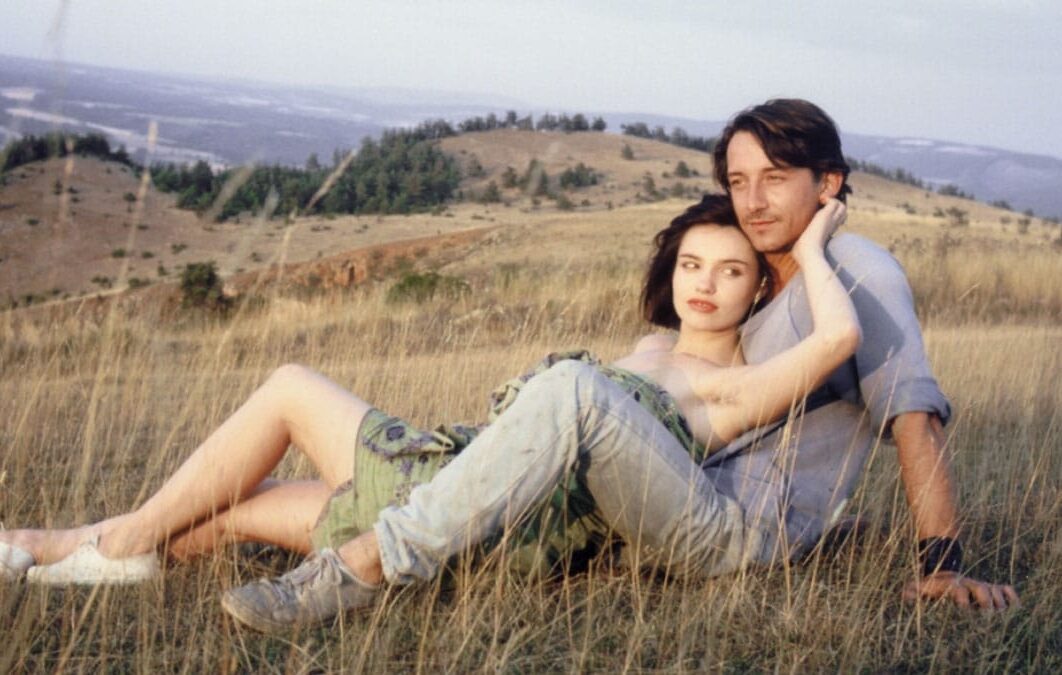In some cultures we don’t have words for emotions that grip us deep but cannot be fully articulated. It is the job of the artist to fully express what we feel in unarticulated form – for us to say “yes – that!” – to nascent unformed or as yet unexpressed concepts. For others who have not formed the inner path to travel that journey, the whole is mischaracterized or flooded with some mundane interpretation.
37°2 le matin unfolds in sun-drenched ochre afternoons and bruised midnight blues, a landscape where the vibrancy of artistic passion collides with the inexorable gravity of mental illness. Set against the salt-rusted backdrop of Gruissan, the film juxtaposes the expansive skies and warm Mediterranean sun with the claustrophobic descent into madness—an existence tethered to both the sublime and the inescapably ordinary.
At the heart of this tragedy is Zorg, the passive, drifting everyman, whose love for Betty—a woman aflame with the desperate need to transcend the banal—mirrors the Sisyphean struggle of the artist against the crushing weight of existence. Like Camus’ absurd hero, Zorg inhabits a world indifferent to his suffering, yet unlike Meursault, he does not meet it with nihilistic resignation but rather with a doomed hope, a flickering, misguided devotion.
Betty, a force of nature in carmine and saffron, resists the inertia of the mundane with a manic urgency. Her love is total, a consuming, violent thing that mirrors the passions of the tortured artist—love, art, madness, and the rejection of mediocrity all braided together in fatal knots. Her unraveling is not inevitable, but it is a test: an artist’s crucible, the price of being fully alive.
The existential weight of the film is not just in Betty’s breakdown, but in Zorg’s failure to meet it with an act of creation, an act of defiance. Unlike Sartre’s Roquentin, who finds solace in aesthetic transcendence, Zorg allows himself to drown in the everyday—he accepts reality, and in doing so, he loses everything. He does not break free from the chains of determinism but lets them tighten around his wrists, choosing survival over meaning, inertia over rebellion.
And this is the deeper pain—the knowledge that Betty’s tragedy was not preordained, but a personal battle, a reckoning only the deep must fight. It is the battle of the artist, the lover, the mad and the gifted, where surrender means extinction.
To love someone like Betty, to be drawn into her vermilion fever, was to take on this fight. Zorg flinches. That is his tragedy.

